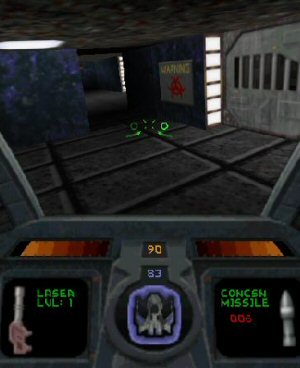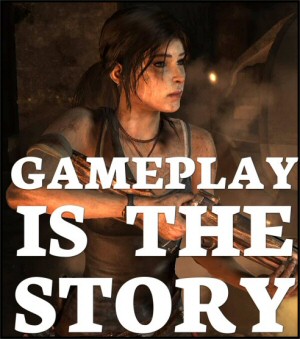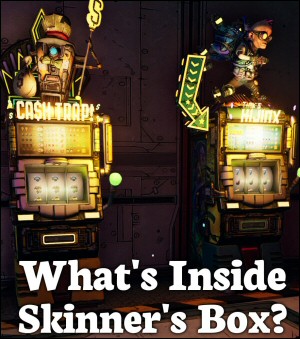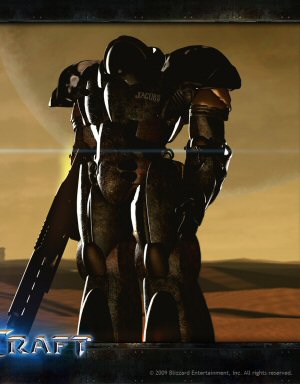They move south, passing several small farms and into the open grasslands. Eomer leads them at a strenuous pace. As the day wears on, Thu’fir notices that several back birds have been circling them for most of the day. The birds are too distant to be identified, but their dark outlines can be seen clearly against the blue sky of late summer.
The birds are too distant for them to do anything about it. The day passes as the hills to the south draw near.
As the sun drops low they see the outline of Joland Village ahead. They wonder what to do about this. Is the town occupied? Certainly they shouldn’t just march into town together. Eomer puts on the “good” Alidian uniform they own (the other one is bloody and slashed) and walks into town alone, while the others hide in the grass outside of town.
Dusk settles as he enters town. The little village is very quiet. Angry eyes peer out at him from the homes, but nobody speaks. A old man is sitting on the stoop in front of the blacksmith shop. He’s rocking back on his chair, looking thoughtful. He has a hard, creased face and a bushy white mustache.
At last he looks at the uniform and greats Eomer, “You lost, friend?”
Eomer is evasive, but as they talk his ruse about being in the army wears thin. He is alone and speaking with the wrong accent to be an Alidian.
Finally the man asks him, “You’re not an Alidian, are you?”
Eomer doesn’t need the disguise anymore, “No, I’m not.”
The man cheers up at this and introduces himself as Polan. He is the closest thing the town has to a leader. He asks how the towns to the north are doing. It’s clear he doesn’t have any idea the north has lost. When Eomer tells him that Fort Bolland and Breakshore are taken, the man concludes that the war is over. He looks sad.
He asks if Eomer knows anything about missing children. He doesn’t. Polan tells his story:
“About four days ago one of the little ones, a kid about seven years old, disappeared from the fields just north of town. Two days later, other kids were picking hardberries at the bushes over yonder”, He points to an area west of the town, “and the kids say a man jumped out of the bushes and took one of them and carried the little girl off. Now, the soldiers took all our weapons when they took this town. That don’t matter much ‘cuz they also took all the young men and women capable of using weapons. All we have left are the sick, the old, and the children.”
Eomer asks where the parents are. Polan explains that the mothers are here in town, but the fathers were taken south weeks ago.
Eomer gets up and calls the other party members into town. It’s obvious the enemy sodiers left this town to its fate ages ago and aren’t likely to come back any time soon.
He explains the situation as the evening closes in. By the time he’s finished the tale, it’s dark out.
Thordek and Eomer want to go right now and look for the kids.
Skeeve is not so sure, “Look, we don’t even know if the children are still alive.”
Beck shruggs, “Sure, but the guy who took them is, and we can at least fix that.”
A debate ensues. Skeeve is sensitive to the plight of the villagers, but doesn’t want to get dragged into helping everyone they meet on the way. He reminds them that they are chasing Endo, who left over a day ahead of them, riding horseback.
Enoch insists he will go and look for the kids, even if he has to do it alone.
-Shamus
Thus overruled and outnumbered, Skeeve agrees to go along, but suggests they wait until morning.
Eomer and others protest, wanting to begin now. Polan suggests that trying to track someone in the dark, even with the aid of magical light, is foolish.
The party relents and checks into the inn.
I need a better way to give them a sense of fatigue. These guys are heroes, not gods.
-Shamus
The Game That Ruined Me

Be careful what you learn with your muscle-memory, because it will be very hard to un-learn it.
The Gameplay is the Story

Some advice to game developers on how to stop ruining good stories with bad cutscenes.
TitleWhat’s Inside Skinner’s Box?

What is a skinner box, how does it interact with neurotransmitters, and what does it have to do with shooting people in the face for rare loot?
Skylines of the Future

Cities: Skylines is bound to have a sequel sooner or later. Where can this series go next, and what changes would I like to see?
Starcraft: Bot Fight

Let's do some scripting to make the Starcraft AI fight itself, and see how smart it is. Or isn't.
 T w e n t y S i d e d
T w e n t y S i d e d
I don’t know the system for it in DnD, but here’s how I think you could do this fatigue thing, based on a whole other system.
Take your character’s Con. This will be the hours the character can travel without needing to rest, if they’re taking it easy (assuming breaks to eat). Travel speed should be casual.
If they want to go faster, halve the Con and you’ll get the hours they can… “hustle” if you will.
After this period of time whether going slow or now, they need to get at least a full night’s rest before they can continue, or make a Fortitude save every hour without collapsing. The difficulty starts at 15, and goes up by one every hour they continue pushing themselves (two if they are rushing).
Obviously, this means the team will only go as far as their lowest Con character, which is likely a Wizard or an Elf, can before resting.
I think giving your players a mechanical way to see how long they can go per day will make it seem like you’re railroading them less.
Optionally, they could get more tired with every battle too, costing them one hour per fight of their daily endurance.
Also, carrying loads of stuff should also reduce this time.
there is a system in D&D for it, non-leathal damage, when it equals your helf you collapes but don’t die, your just really worn out so thats how you could do it
Look at the “Forced March” rules in the PHB 3.5 p.164. It gives rules for traveling more than 8 hours in a day. These rules involve a lot of rolling so I would suggest to just check for the character with the lowest Con. Rules for “Fatigue” are detailed in the DMG 3.5 p.301. After loosing Str and Dex and the ability to run and charge, the PCs should be asking to rest. After moving on to “Exhausted” they will be begging. Sorry for the “Rules Lawyer” help, but I hope it is help none the less. :)
Just a note for anyone reading this, when Shamus says “Dan did a good job of playing his character here,” Dan’s character is Skeeve the wizard.
As for making your players, rather than thier characters, feel the fatigue you could elongate the travel time by mercilessly describing the coutryside, every hill, farm, and tree, until they get a sense of the legnth of the trip
Or you could give them a glass of saltwater for each hour of jogging. That’d set them straight.
One of the easiest ways I can think of to simulate fatigue would be to have the casters unable to regain their spells if they don’t get enough rest.
There are also specific fatigue rules in the DMG, and they’re pretty specific to overland travel (forced marches and such).
Whenever this happens to me I say that they collapse from exhaustion the next time they do anything more strenuous than finding a place to rest
WeLikeShadowrun’s suggestion harkens back to the DMOTR strip on weathertop. That was one of the best >D
This is quite fun – as a gamer with out a group I’ve been enjoying this. Thanks!
I lol’d when you said check the lowest Con.. I am guessing Skeeve would have the lowest Con?
When I feel it is time for my players to rest, I start throwing constitution checks at them for pretty much anything, and if they do nothing to justify a con check then I make something up. It is easier to tell a player what to do if it is the consequence of a failed dice roll. If they keep succeeding at the checks, well, they deserve to keep going. Also, this way the endurance feat is less worthless.
What I find helpful is, if they want to go charging off after not eating or resting for hours I tell them to make a fort check and if someone fails it I describe the situation in a rather broad way, something like “After having hiked for thirty miles without stopping once for food or rest…” after that they usually get the idea. Might not be the most subtle way but there ya go.